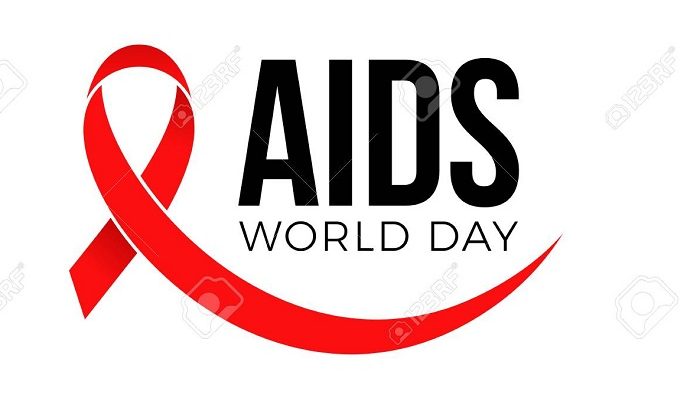The Global HIV Vaccine Enterprise (the Enterprise), hosted by the International AIDS Society (IAS), has announced the discontinuation of Phase 2b/3 HIV vaccine study ‘HVTN 702’ by the trial sponsor, the National Institute of Allergy and Infectious Diseases (NIAID).
The decision to halt the trial by the HIV Vaccine Trials Network (HVTN), according to the Enterprise, follows the recommendation of the independent Data and Safety Monitoring Board (DSMB).
Although the regimen did not prevent HIV infections, the DSMB did not express any concerns about safety.
The HIV vaccine research field had great hopes for this efficacy trial, which was conducted in South Africa – a country with one of the most severe HIV epidemics in the world.
HVTN 702 tested a prime-boost regimen similar to the one which had shown modest efficacy in the RV144 trial conducted in Thailand and had been adapted to the type of HIV most common in Southern Africa.
Linda-Gail Bekker, IAS Immediate Past President and Chair of the Enterprise Advisory Group, said “Whilst this is a significant setback for the field, we need to continue the quest for a preventive vaccine.”
She added that “The rates of HIV infection, which continue unabated in this region, should spur greater urgency, global attention and investment to the quest.”
The Enterprise applauds the HVTN for conducting an important study. “A well-conducted trial, even if efficacy is not observed, plays a critical role in informing HIV vaccine development,” said Roger Tatoud, Deputy Director of HIV Programmes and Advocacy at the IAS and who leads the work of the Enterprise.
“We thank the trial volunteers, researchers and sponsors for their hard work and commitment. Other late-stage efficacy trials are continuing and these will be critical to add to our understanding of what an effective HIV vaccine strategy will be,” he noted.
Three other studies are currently being conducted, investigating various prime-boost regimens.
Janssen Vaccines & Prevention B.V. is testing a mosaic Ad26-mosaic / clade C gp140 envelop protein combination in the phase 2b HVTN 705/HPX2008 (Imbokodo) study in 2,600 adult women in South Africa and other sub-Saharan countries.
A second efficacy trial of this regimen (modified to include a mosaic gp140) is being conducted in 3,800 cis-gender men and transgender individuals who have sex with cis-gender men and/or transgender individuals in the Phase 3 HVTN 706/HPX3002 (MOSAICO).
A third vaccine efficacy trial, the Phase 2b PrEPVacc study employs an adaptive trial design to assess the combination of an HIV vaccine (DNA, MVA and gp140 envelop protein protein/adjuvant) and pre-exposure prophylaxis (PrEP) in sub-Saharan Africa.
In parallel with the ongoing active immunization vaccine studies, the Antibody Mediated Prevention (AMP) programme is testing passive antibody administration as a prevention strategy in the phase 2b HVTN 703/HPTN 081 and HVTN 704/HPTN 085 safety and efficacy trials.
These are proof-of-concept trials in which the VRC01 broadly neutralizing monoclonal antibody (bNAb) is infused directly into participants every eight weeks.
HVTN 703/HPTN 081 is testing the regimen in women in seven countries in sub-Saharan Africa while HVTN 704/HPTN 085 is being conducted with men who have sex with men and transgender people who have sex with men in the United States, Peru, Brazil and Switzerland.
“The effort, energy and resources that go into conducting trials of this size and complexity are extraordinary and the commitment of everyone involved is hugely appreciated. This level of passion, dedication and involvement will need to continue with renewed vigour as we move forward. We hope even more stakeholders will join the search for a preventive HIV vaccine,” said Anton Pozniak, IAS President.
By Jamila Akweley Okertchiri


